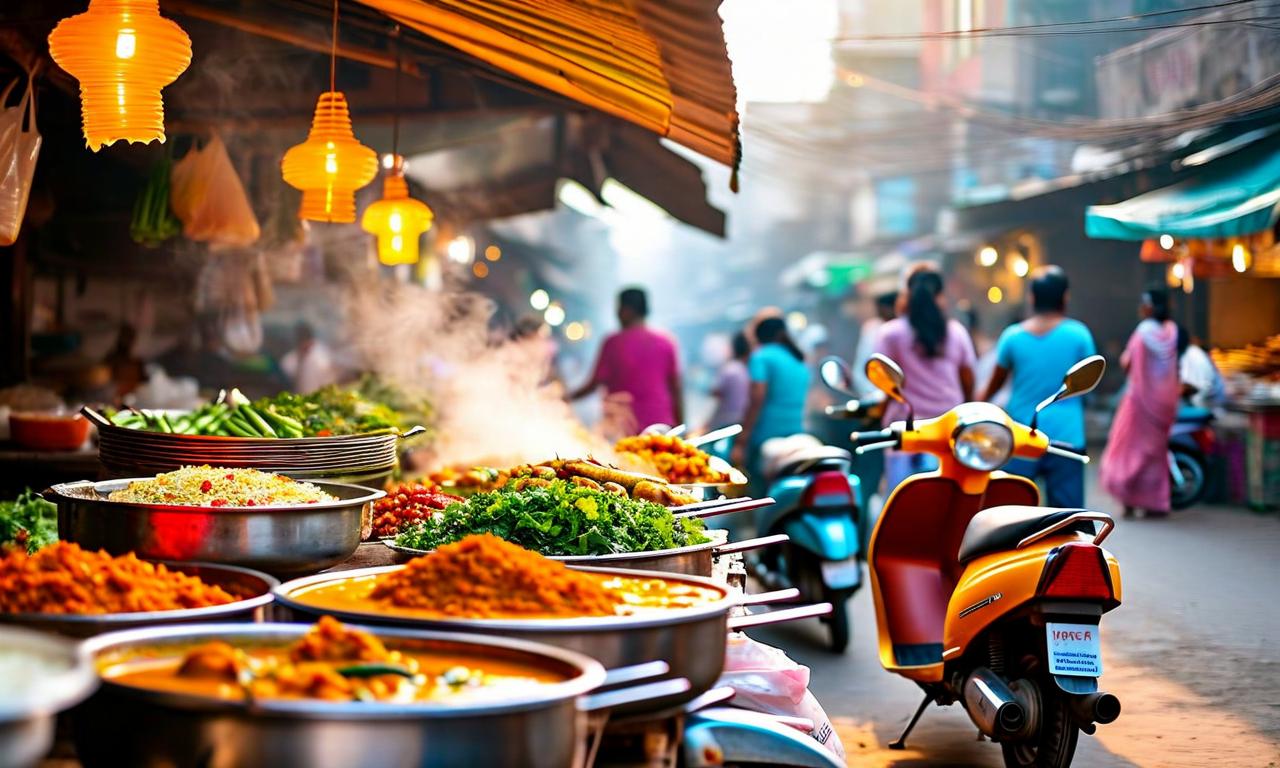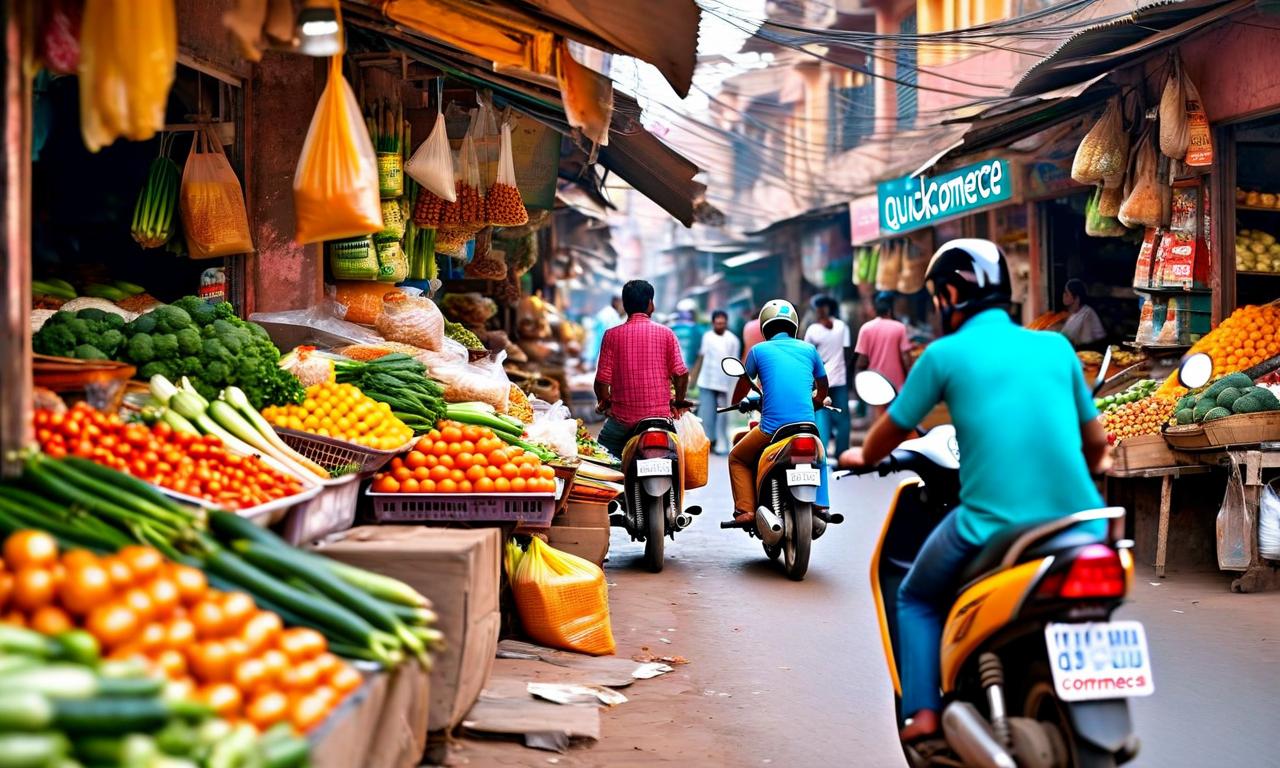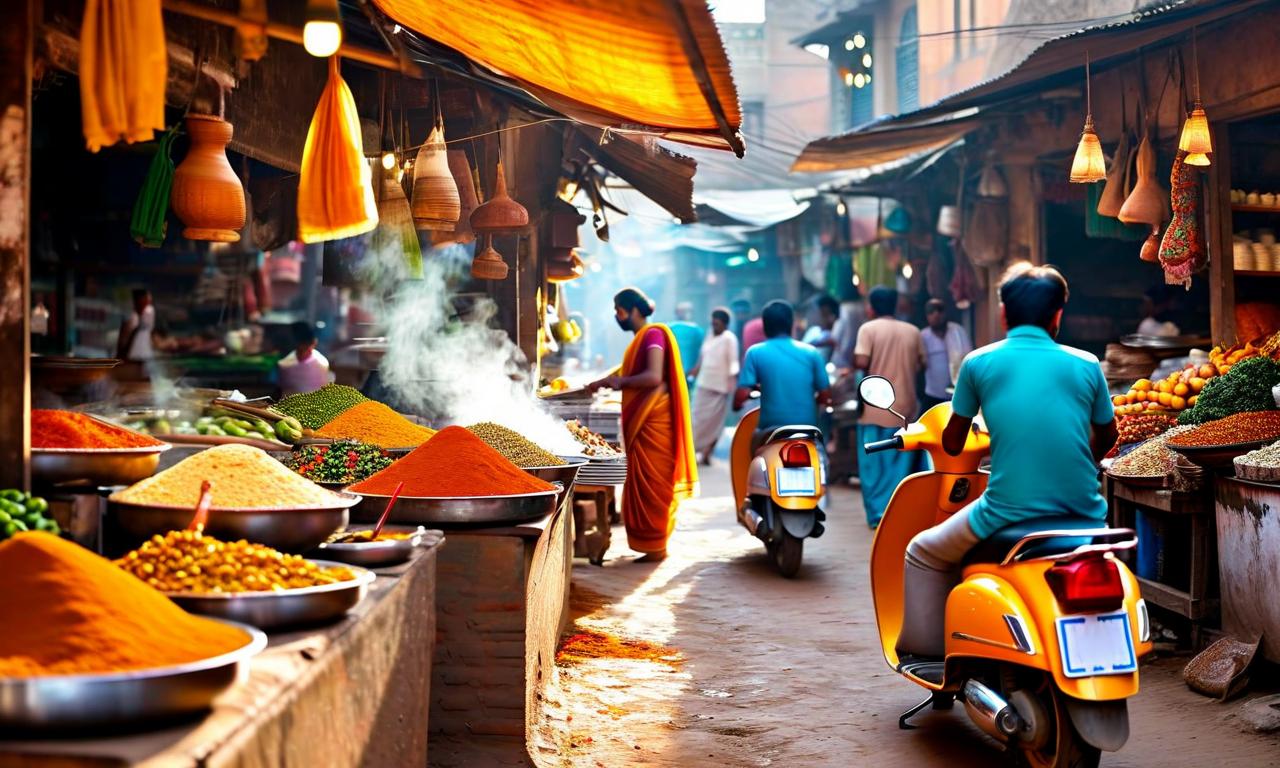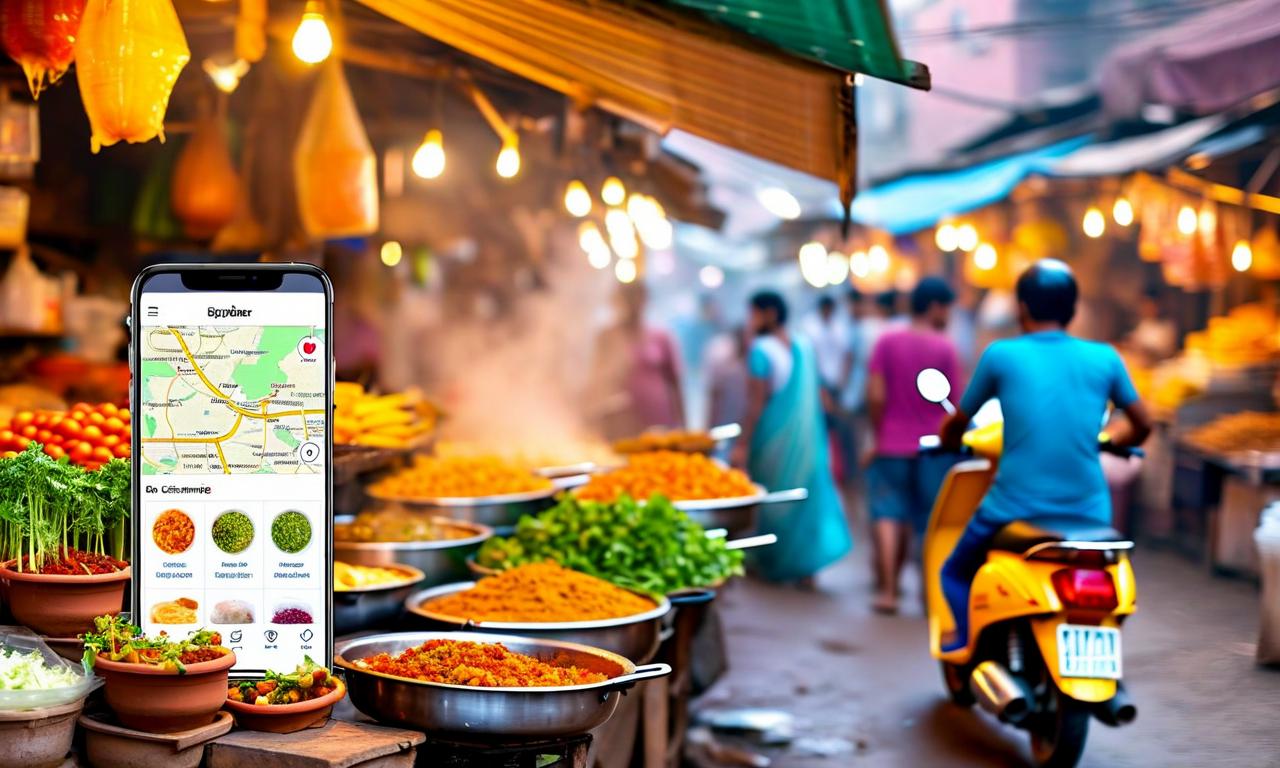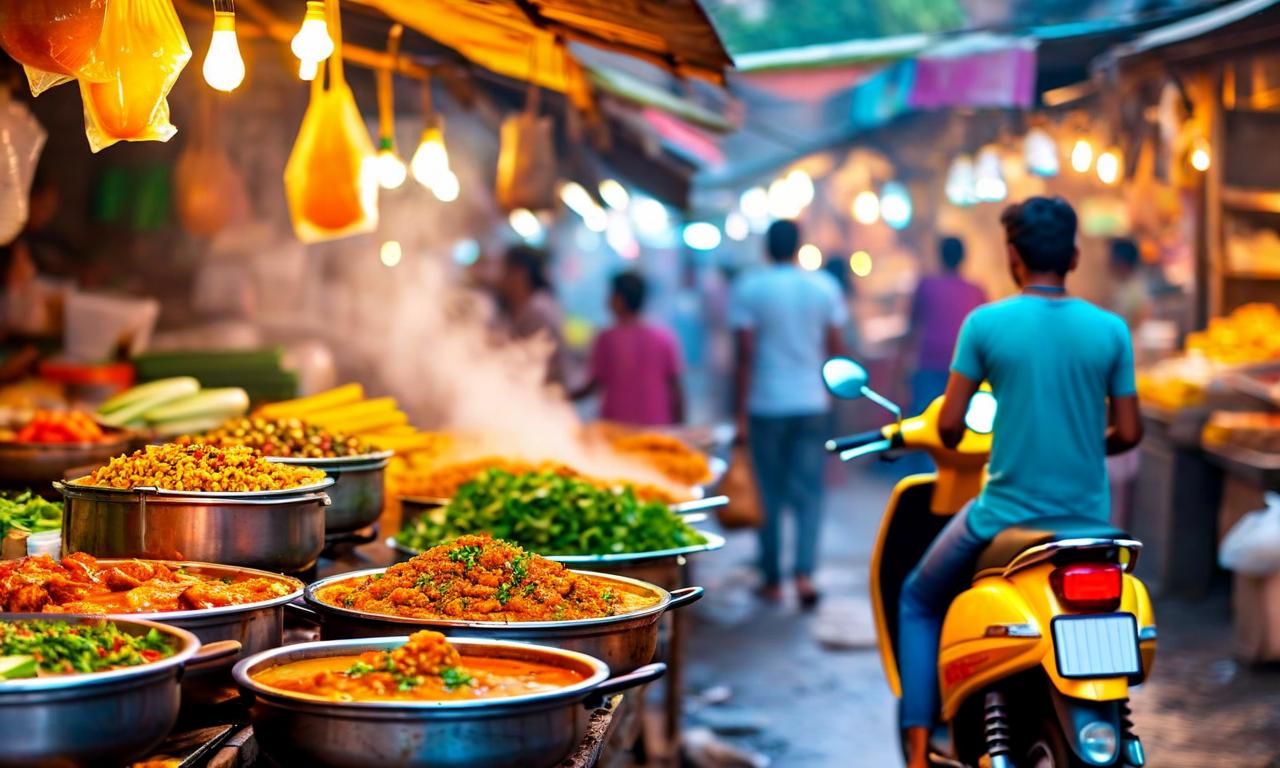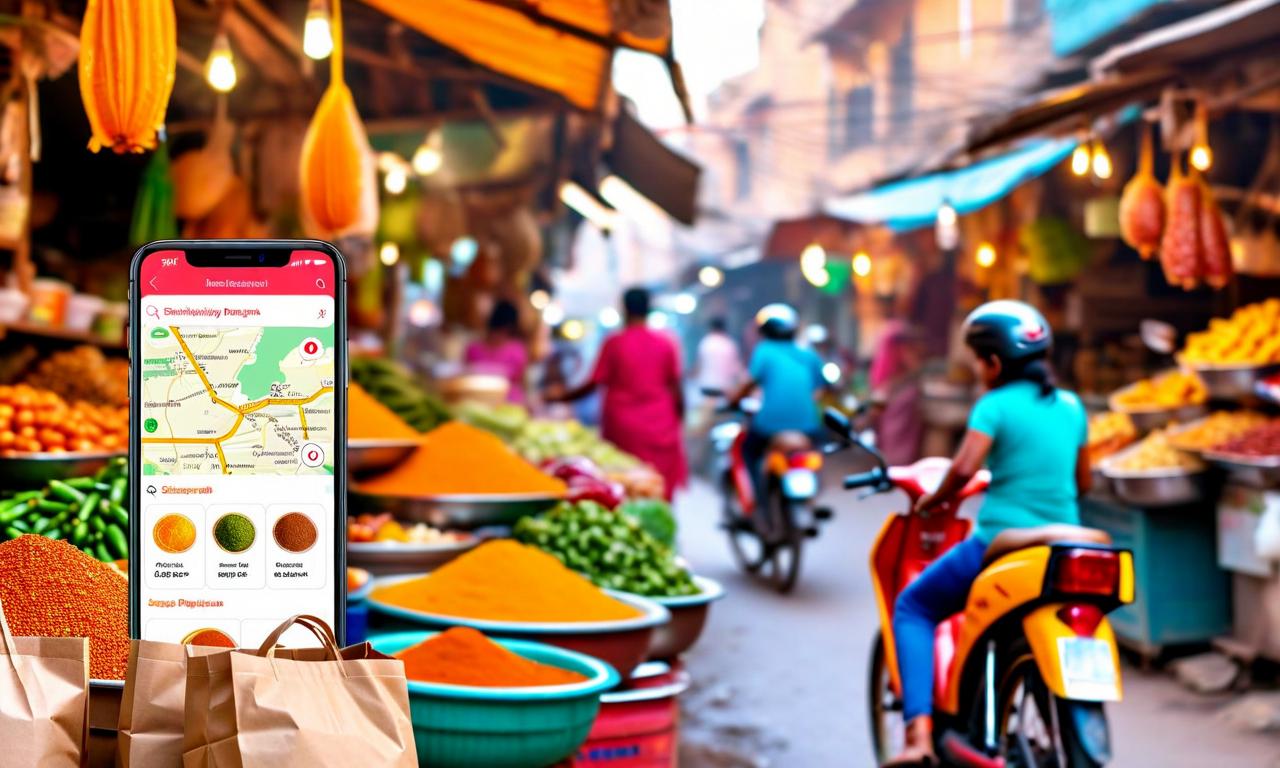Zomato Hikes Platform Fees by 20% Amid Festive Season Demand
Zomato has increased its platform fee by 20% to Rs 12 per order across all operational cities, up from the previous Rs 10. This hike comes as the company aims to capitalize on increased festive season demand. The move follows a similar increase last year and aligns with competitor Swiggy's recent fee experiment. Zomato's parent company, Eternal, reported a consolidated net profit of Rs 25 crore, marking a 36% sequential drop. The market response was minimal, with Eternal's share price slightly decreasing by 0.18% to Rs 322.85.
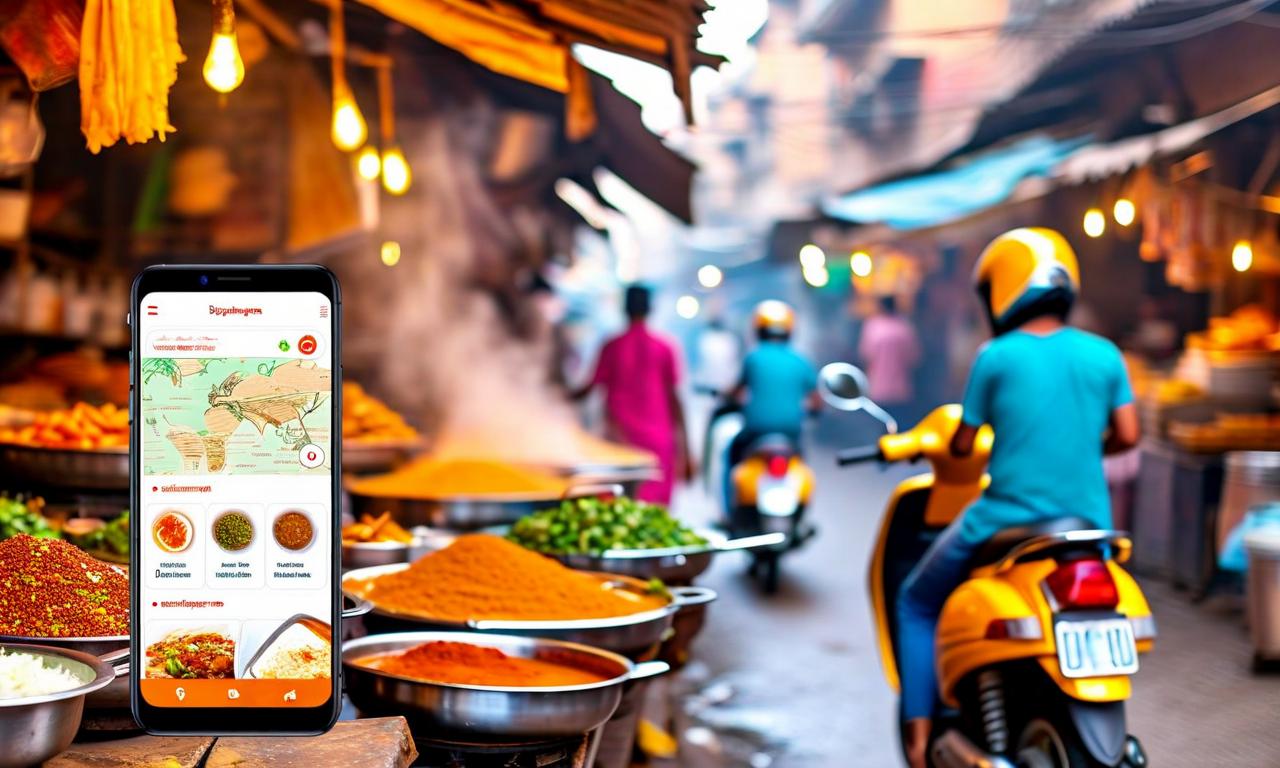
*this image is generated using AI for illustrative purposes only.
Zomato, the popular food delivery platform, has implemented a significant increase in its platform fees, raising it by 20% to Rs 12 per order across all cities where it operates. This move comes as the company capitalizes on the increased demand during the festive season.
Fee Hike Details
| Item | Value |
|---|---|
| Previous platform fee | Rs 10.00 |
| New platform fee | Rs 12.00 |
| Percentage increase | 20.00% |
| Implementation | Across all operational cities |
This latest adjustment follows a pattern of fee increases by Zomato. The company had previously raised its platform fees from Rs 6 to Rs 10 per order ahead of last year's festive season.
Competitive Landscape
Zomato's fee hike comes in the wake of similar moves by its competitors:
- Swiggy, Zomato's main rival, recently experimented with a Rs 14 platform fee at select locations last month.
Financial Performance
The fee increase coincides with recent financial results from Zomato's parent company, Eternal:
| Item | Value |
|---|---|
| Consolidated net profit | Rs 25.00 crore |
| Sequential drop | 36.00% |
Market Response
The market's reaction to these developments was relatively muted:
| Item | Value |
|---|---|
| Eternal's share price | Rs 322.85 |
| Performance | -0.18% |
Industry Trends
The platform fee increases by both Zomato and Swiggy indicate broader trends in the food delivery sector:
- Capitalizing on festive season demand
- Efforts to improve profitability in a competitive market
- Balancing user experience with revenue generation
As the festive season progresses, it remains to be seen how these fee adjustments will impact consumer behavior and the companies' bottom lines in the highly competitive food delivery market.

